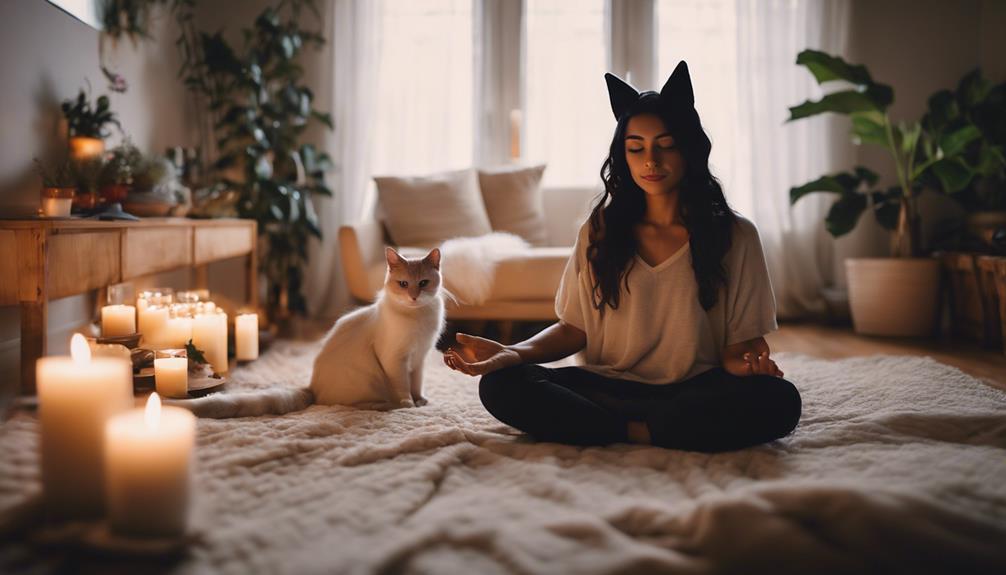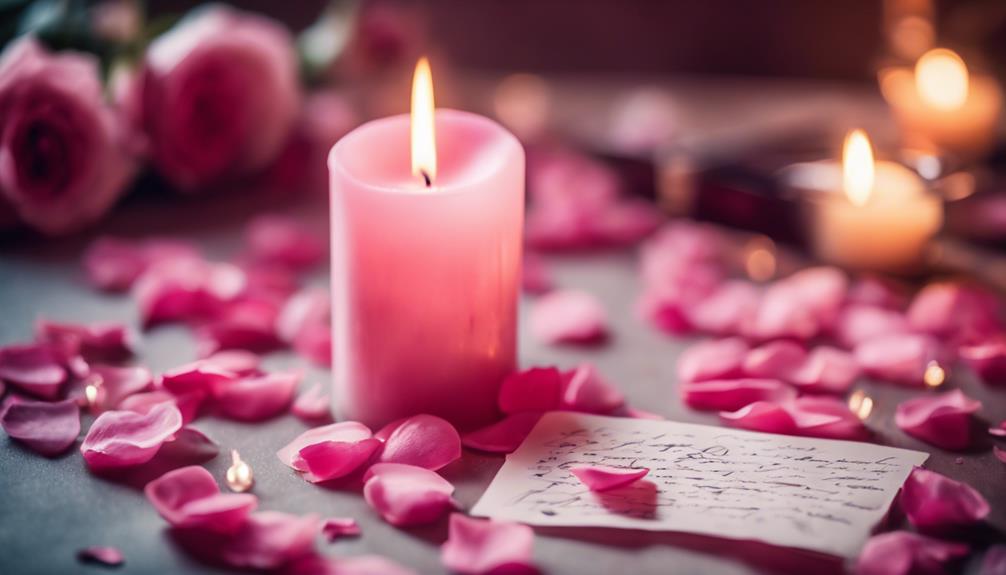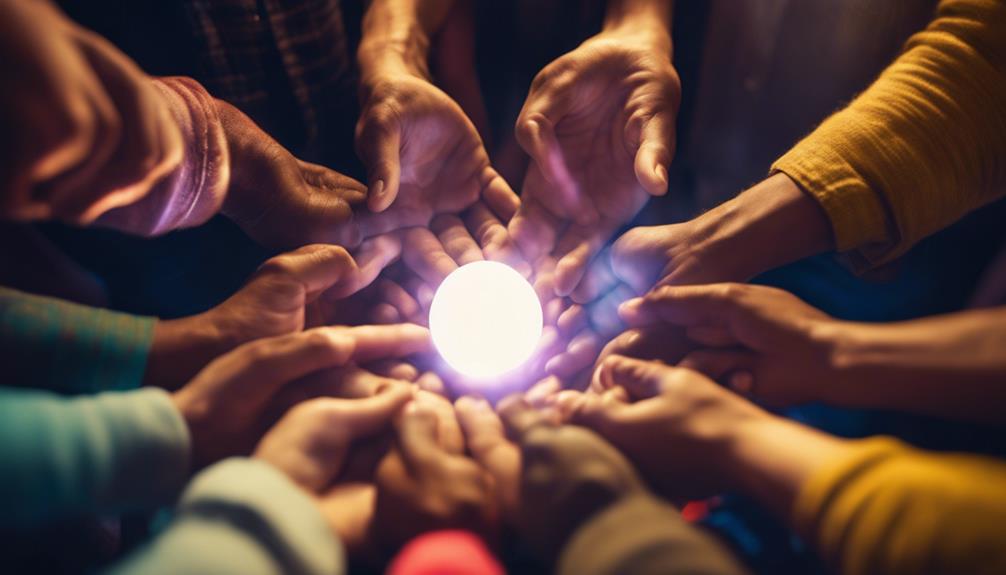Witchcraft has been a subject of fascination and fear for centuries, with its influence permeating cultures and societies across the world. But how did witchcraft affect society? In this section, we will delve into the historical significance of witchcraft and its impact on societal norms, beliefs, and cultural practices.

While the practice of witchcraft varied across regions and time periods, its influence on society remained consistent. From shaping religious beliefs to causing social upheavals, witchcraft played a significant role in shaping communities and cultures.
The Heritage of Witchcraft and Its Socio-cultural Impact
Witchcraft has been a part of human culture for centuries, and as such, its influence can be observed in various aspects of society. The practice of witchcraft has played a significant role in shaping societal beliefs, values, and practices. Here, we will discuss the cultural shifts that occurred due to the practice of witchcraft, including changes in belief systems, social hierarchies, and power dynamics.
The Cultural Shifts Caused by Witchcraft
Witchcraft has been a part of cultural practices since the dawn of human civilization. In ancient times, witches were revered for their knowledge of herbal medicine, divination, and other skills that were crucial for survival. However, with the arrival of Christianity, the perception of witches changed drastically, and they were demonized and persecuted as evil beings.
This demonization of witches resulted in a shift in societal beliefs, with witchcraft being viewed as a sin and an affront to God. This shift in belief systems had a significant impact on power dynamics, with the Church and other religious institutions gaining more influence and control over society. It also resulted in the persecution and prosecution of individuals suspected of practicing witchcraft, leading to a breakdown of trust within communities.
Social Hierarchies and Power Dynamics
The practice of witchcraft also had a significant impact on social hierarchies and power dynamics. In societies where witchcraft was prevalent, witches were often viewed as powerful individuals with the ability to influence the course of events. This led to a reversal of traditional power hierarchies, with women and marginalized individuals gaining more power and influence.
However, as Christianity gained more influence, the power dynamics shifted again, with witches being demonized and marginalized. The persecution of witches resulted in the strengthening of patriarchal structures and the consolidation of power in the hands of the Church and other religious institutions.

Witchcraft and Its Influence on Communities
Witchcraft accusations had far-reaching consequences on communities throughout history. In many cases, these accusations resulted in persecution, trials, and executions.
The effects of witchcraft accusations were not limited to the accused individuals themselves. Accusations also had a profound impact on community trust and relationships. Neighbors, friends, and family members often turned on each other, accusing one another of practicing witchcraft or harboring witch-like tendencies.
| Consequences of Witchcraft Accusations | Description |
|---|---|
| Persecution of Individuals | People accused of witchcraft were often subjected to physical and emotional torture, leading to forced confessions and false testimonies. |
| Breakdown of Community Trust | Accusations of witchcraft often led to deep-seated paranoia and mistrust within communities, sowing seeds of discord and fear that lasted for generations. |
| Loss of Innocent Lives | The witch trials resulted in the execution of numerous individuals who were innocent of any wrongdoing. |
The fear and paranoia surrounding witchcraft accusations often led to entire communities being in upheaval. As people searched for witches and witchcraft, they implemented increasingly brutal and violent tactics, leading to a breakdown of societal norms and values.
Overall, the impact of witchcraft on communities was profound and long-lasting. The accusations, trials, and executions that resulted from these practices led to deep-seated mistrust and fear that took many years to overcome.
Witchcraft Trials and Legal Systems
Witchcraft trials were a significant part of legal systems throughout history. Accusations of witchcraft could lead to severe consequences, including imprisonment, torture, and even death. These trials were often characterized by a lack of evidence and a reliance on hearsay, leading to a breakdown of legal frameworks and the suspension of legal rights for the accused.
One of the most notable examples of witchcraft trials was the Salem witch trials in colonial Massachusetts. Between 1692 and 1693, over 200 people were accused of witchcraft, and 20 were executed. The trials were marked by hysteria and superstition, with accusations based on vague suspicions and rumors rather than concrete evidence.
| Impact on Legal Systems | Impact on Society |
|---|---|
| Witchcraft trials led to a distortion of legal frameworks, with accusations based on hearsay and superstition rather than evidence. | The trials eroded trust within communities, with individuals turning on each other and betraying friends and family members. |
| The practice of witchcraft was often associated with devil worship, leading to a blurring of religious and legal boundaries. | The trials created a climate of fear and suspicion, with individuals living in constant fear of being accused of witchcraft. |
| The persecution of alleged witches perpetuated gendered violence, with the majority of those accused being women. | The trials reinforced existing power structures, with those in positions of authority using accusations of witchcraft to maintain control over the population. |
"The witch hunts in early modern Europe represent one of the most frightening and oppressive episodes in human history. Between the mid-15th and the late 17th centuries, thousands of people – many of them women – were executed for witchcraft. The hunts were a way of persecuting marginalized groups, including women, the elderly, and the poor." - Ronald Hutton
Witchcraft trials had a lasting impact on legal systems and society. They distorted legal frameworks and perpetuated gendered violence, eroded trust within communities, and reinforced existing power structures. The lessons of these trials continue to be felt today, serving as a reminder of the dangers of paranoia, superstition, and fear.
Witchcraft in Modern Society: Cultural and Artistic Influence
In contemporary culture, witchcraft continues to fascinate and captivate audiences through various art forms, including literature, movies, and art. The depiction of witchcraft in modern society bears a significant influence on popular culture and societal norms.
Witchcraft in Literature
Witchcraft is a recurring theme in literature, from classic works like Shakespeare's Macbeth, to modern-day bestsellers like J.K. Rowling's Harry Potter series. These depictions of witchcraft have contributed to the popularization and normalization of the concept in society.
"Double, double toil and trouble; Fire burn and caldron bubble."
The quote from Macbeth is just one example of the many lines from literature that have become ingrained in our cultural consciousness.
Witchcraft in Movies
The portrayal of witchcraft in movies has evolved over the years, from the evil, cackling witches of the past, to more complex, multidimensional characters. Recent films like The Witch and The Craft have explored the darker side of witchcraft, while others, like Hocus Pocus, have taken a more light-hearted approach.
One of the most iconic depictions of witchcraft in film is the classic movie, The Wizard of Oz, in which the Wicked Witch of the West is one of the most memorable villains of all time.
Witchcraft in Art
Witchcraft has also been a popular theme in art, from the satirical engravings of the 16th century to the modern-day works of artists like James Tissot and Salvador Dali. In recent years, witchcraft has become a popular subject in modern art, with artists exploring themes from feminism to environmentalism through their depictions of witches and the occult.
In Conclusion
The enduring fascination with witchcraft in contemporary culture speaks to the impact it has had on societal norms and beliefs throughout history. Literature, movies, and art continue to explore and interpret the concept of witchcraft, contributing to its relevance in modern society.

Frequently Asked Questions about Witchcraft's Impact on Society
Throughout history, witchcraft has had a significant impact on societies and cultures around the world. In this section, we answer some frequently asked questions about the influence of witchcraft on societies.
What were the consequences of being accused of witchcraft?
Accusations of witchcraft had severe consequences. Many individuals were falsely accused and subjected to torture, imprisonment, and even execution. The social consequences were also significant, as communities were torn apart by suspicion and fear.
How did witchcraft influence legal systems?
Witchcraft accusations often led to trials, which had a significant impact on legal systems. These trials influenced the development of legal frameworks, and the perception of witchcraft within the legal system. In some cases, these trials led to the creation of laws specifically targeting witchcraft.
How did witchcraft affect social hierarchies?
The practice of witchcraft often challenged social hierarchies, as it was sometimes associated with lower class or marginalized individuals. However, in some cases, accusations of witchcraft were used as a means of maintaining social control by those in power.
How has witchcraft impacted popular culture?
Witchcraft has had a significant impact on popular culture, inspiring countless works of literature, art, and film. The occult and supernatural continue to capture the imagination of people around the world.
Is witchcraft still practiced today?
Yes, witchcraft is still practiced in various forms around the world. However, the practice has evolved over time and is often very different from historical depictions of witchcraft.
Did witchcraft really exist, or was it all just superstition?
While many practices and beliefs associated with witchcraft were rooted in superstition and fear, there were also instances where individuals were practicing some form of magic or alternative spirituality. However, much of the historical record of witchcraft is based on exaggerated or false accusations.




